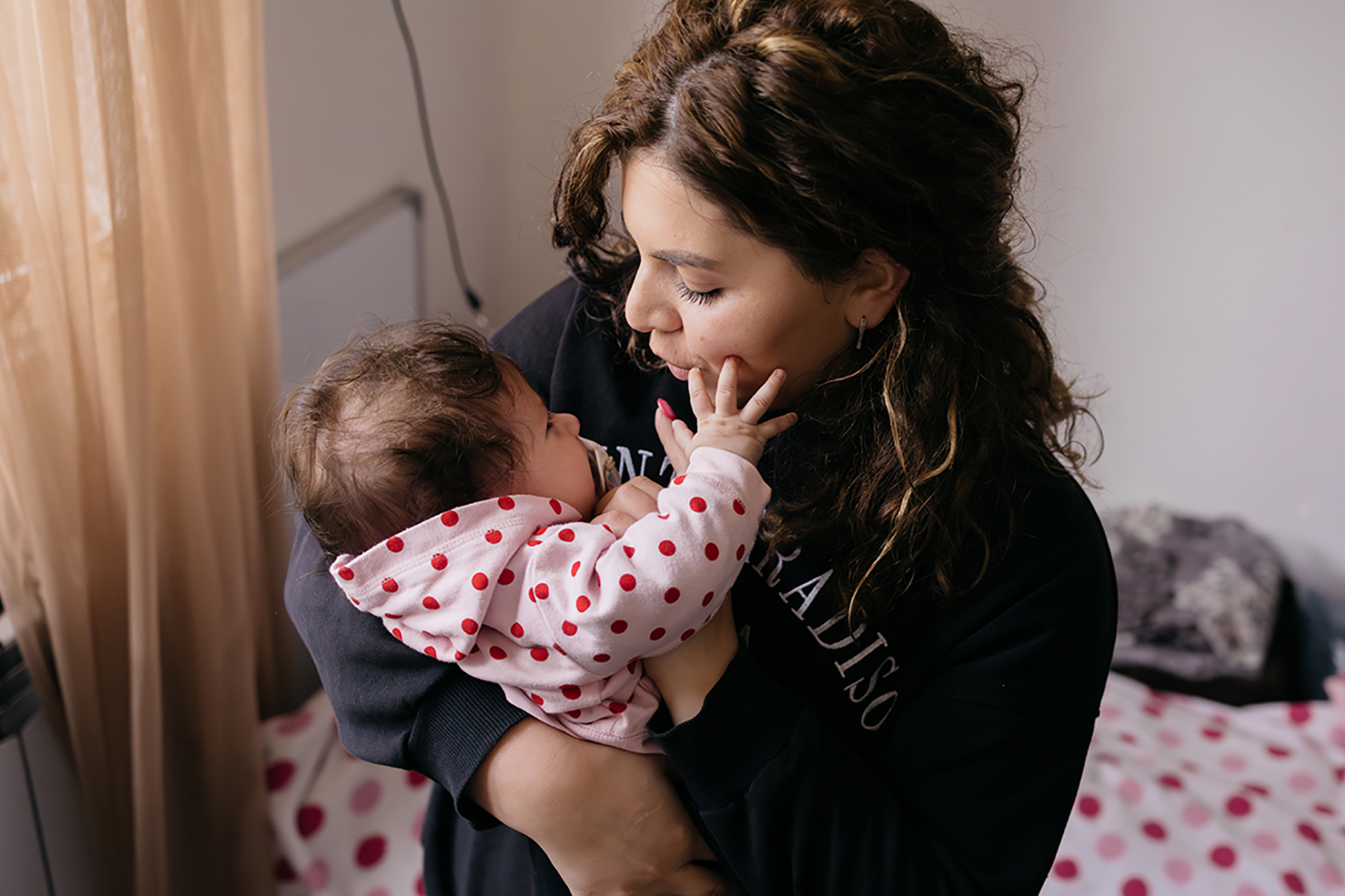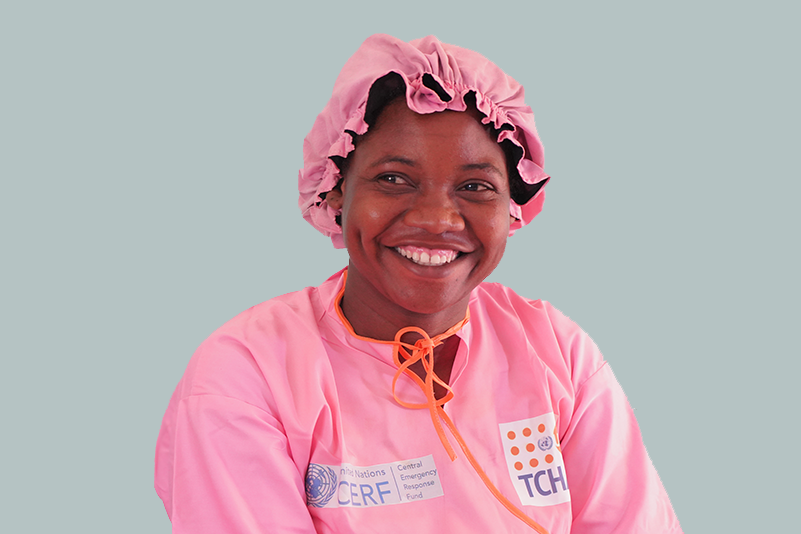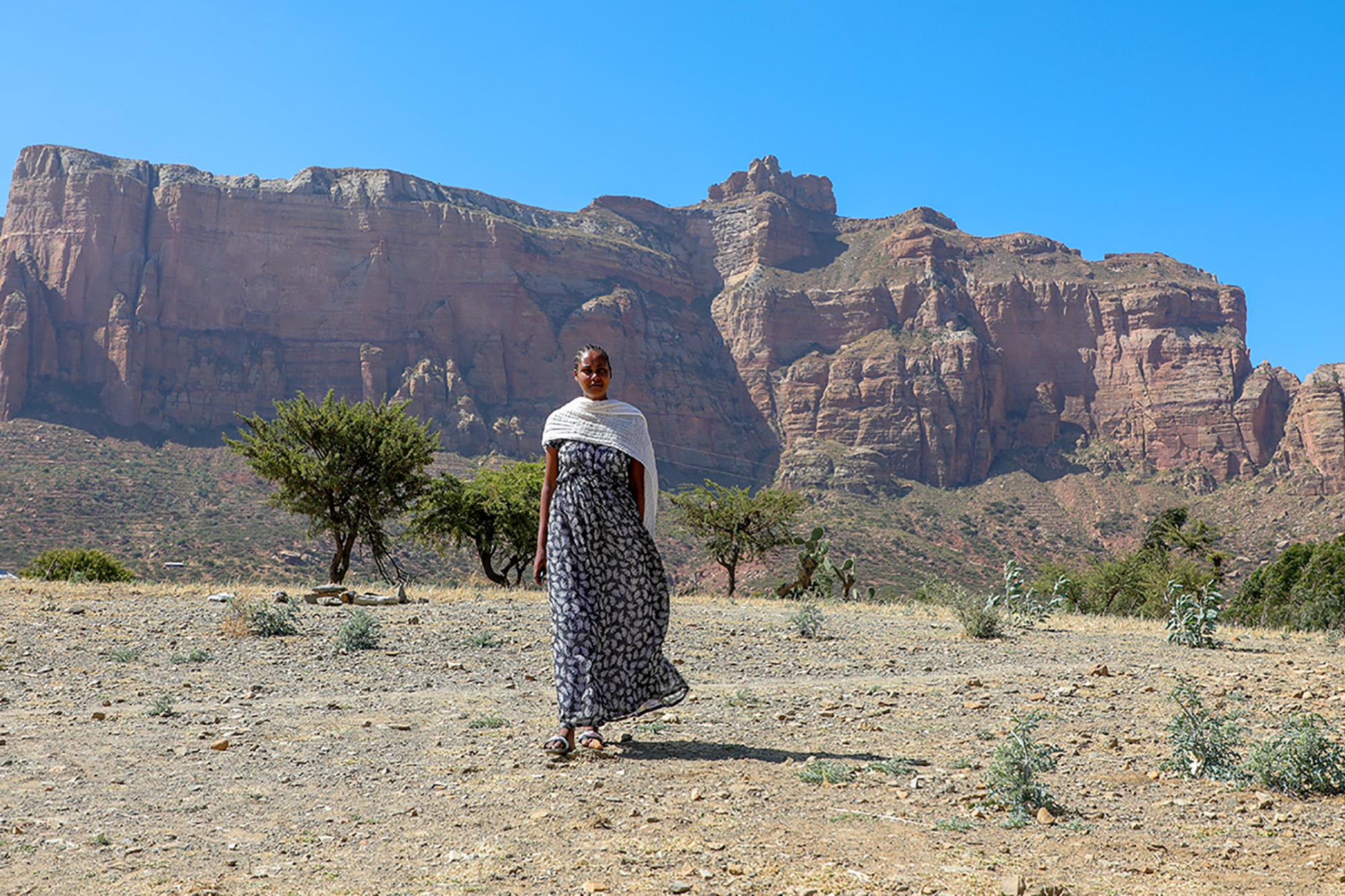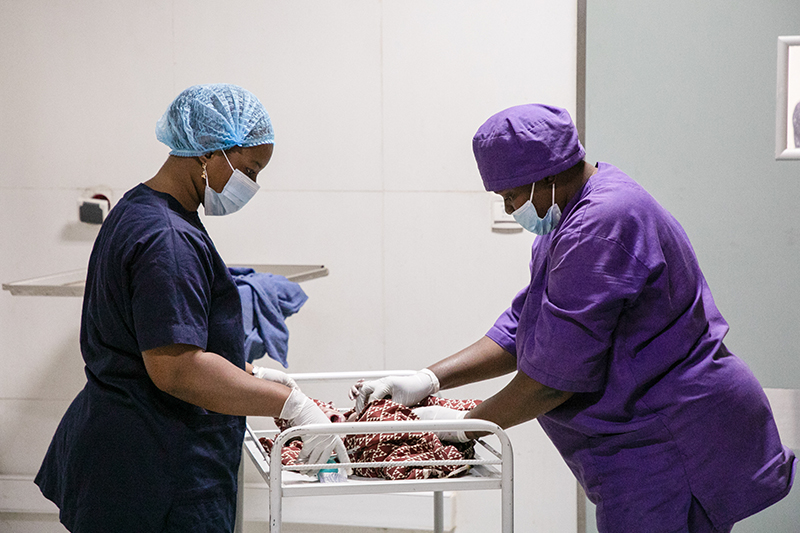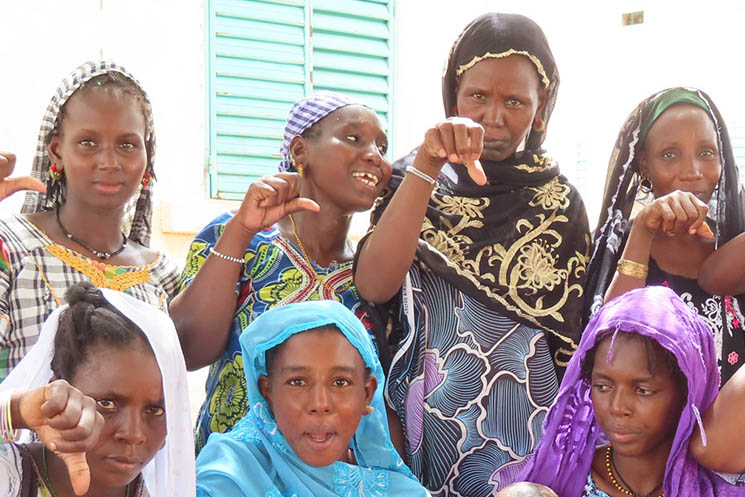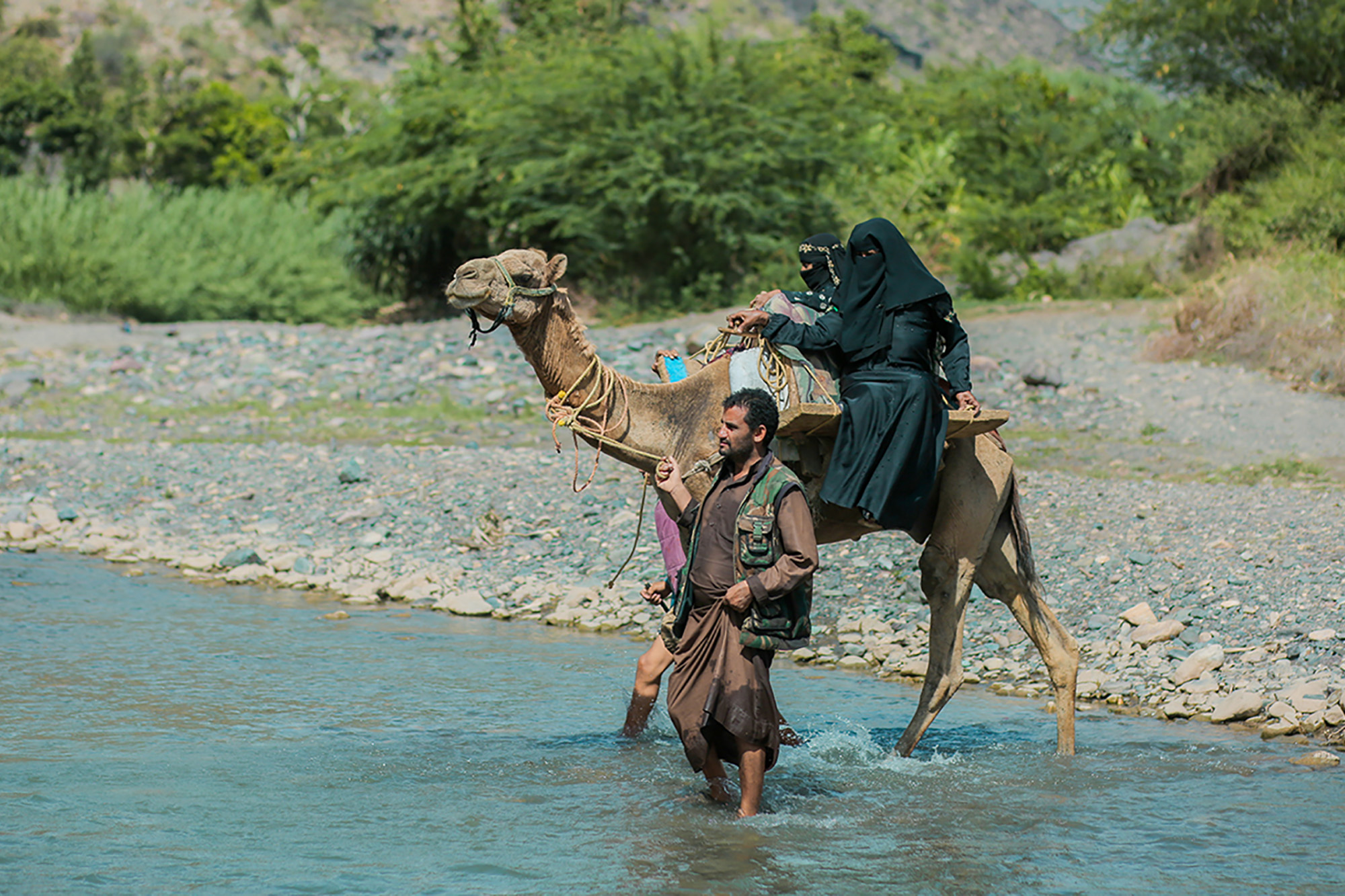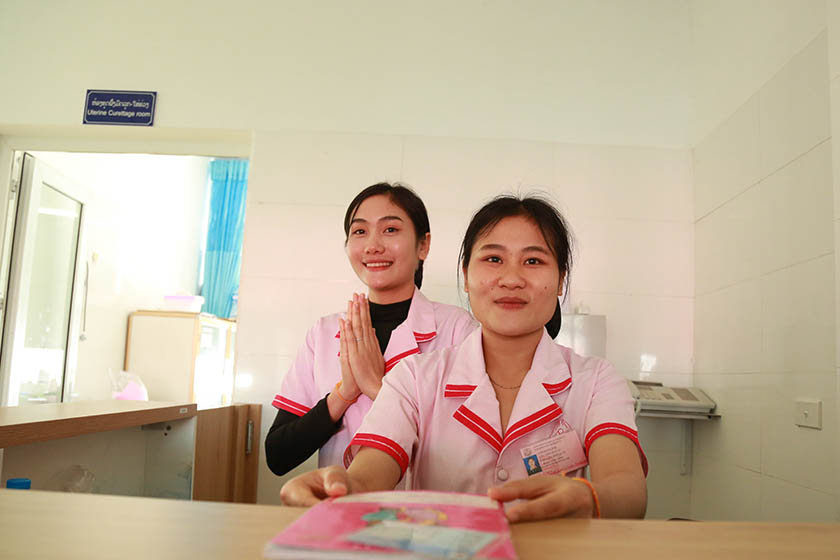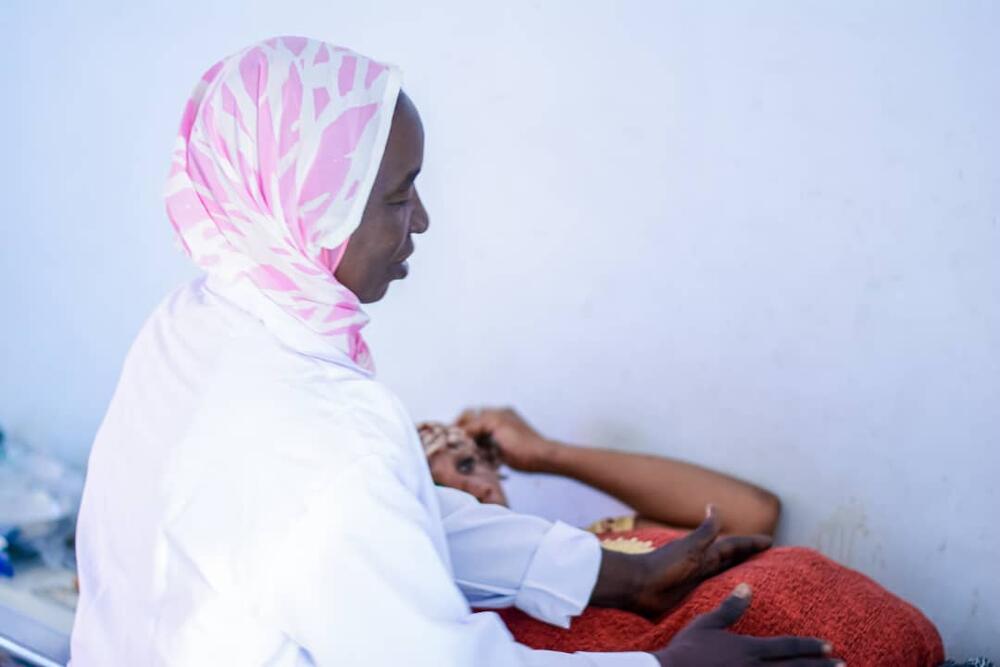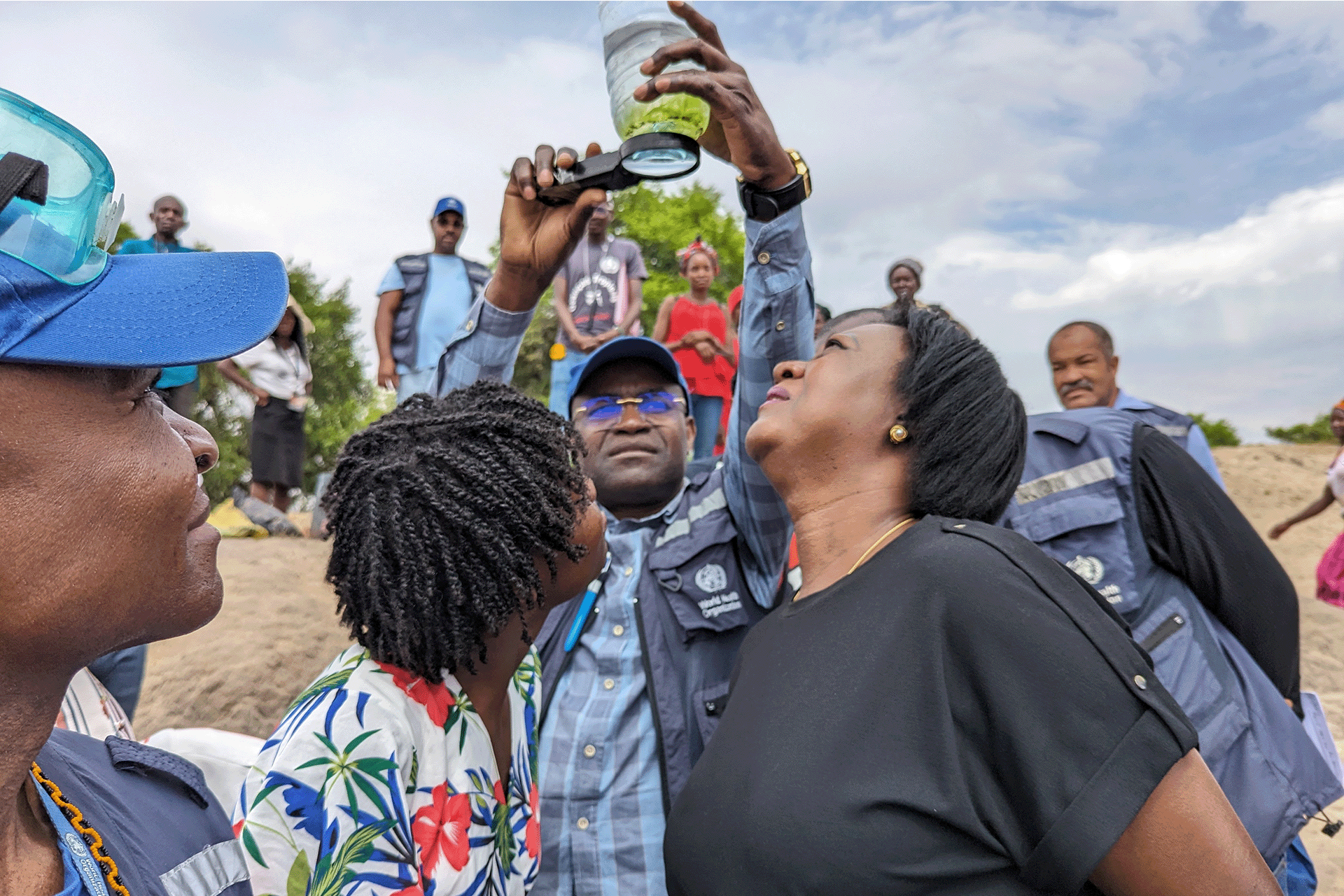In an ideal world, every mother-to-be would have access to a skilled midwife and could give birth in a safe and peaceful environment. Unfortunately, many women lack these assurances. The United Nations Population Fund (UNFPA) is striving to achieve this ideal scenario for every woman by investing in midwives and training, including in emergency humanitarian situations, and by equipping maternity wards and mobile health teams.

